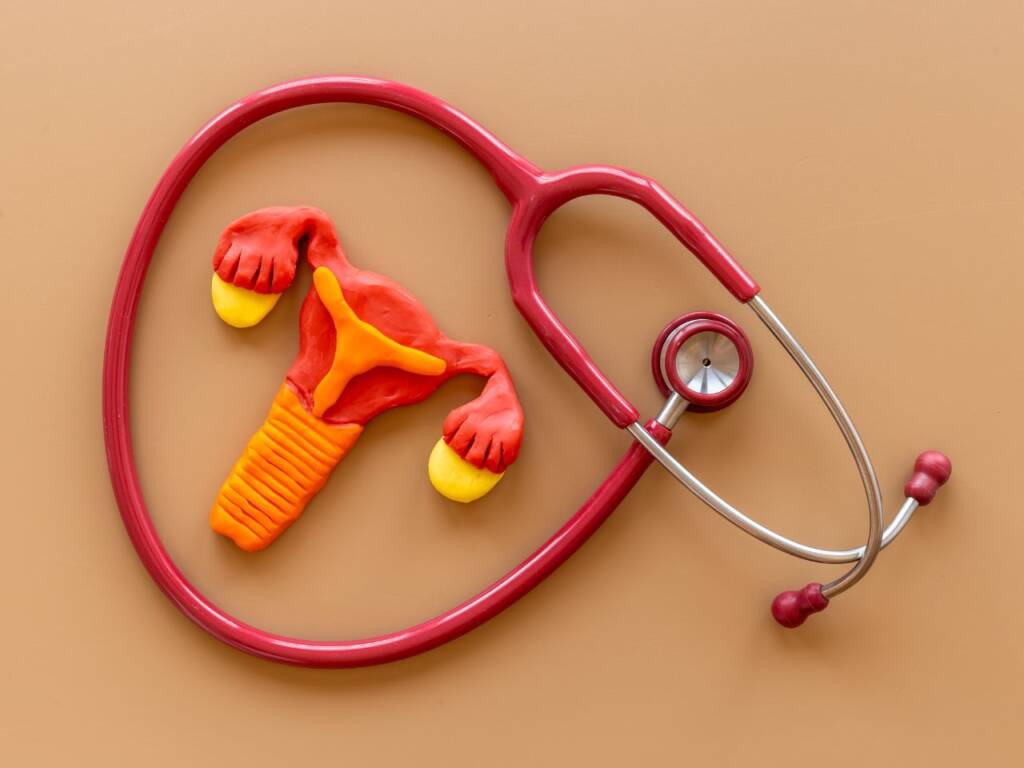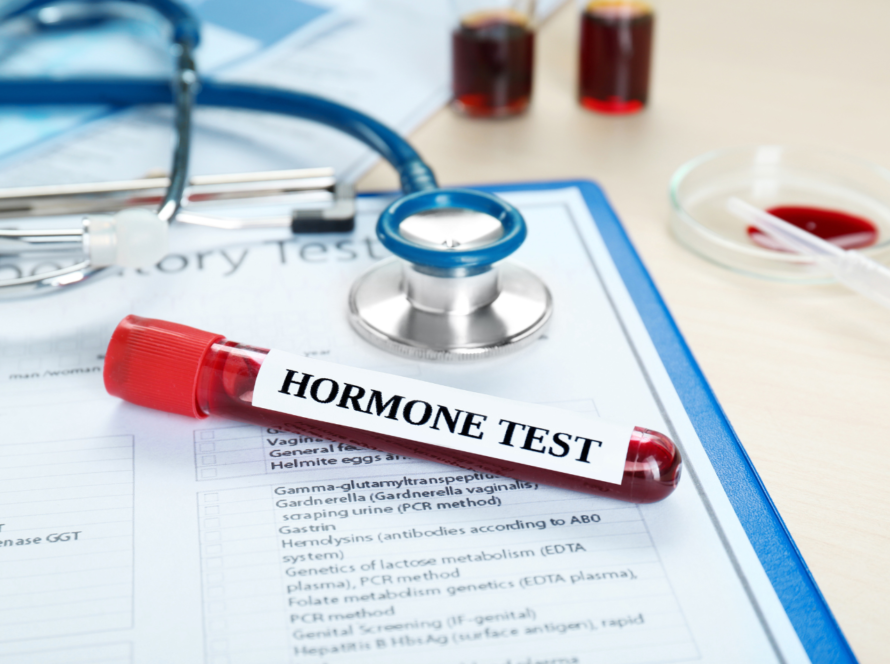Age plays a crucial role in a woman’s and man’s ability to conceive. While the term “biological clock” is often associated with women, age affects fertility in both genders. Understanding how reproductive potential changes over time can empower couples to make informed decisions about family planning. This blog will explore the science behind age-related fertility decline, its impact on conception, and options available for those trying to conceive later in life.
1. Female Fertility and Age
A woman is born with all the eggs she will ever have. Over time, both the quantity and quality of these eggs decline.
Key Facts:
- Fertility begins to decline around age 30
- More rapid decline occurs after 35
- Risk of miscarriage and chromosomal abnormalities increases with age
Egg quality is critical because older eggs are more likely to have genetic issues, leading to higher risks of miscarriage or birth defects.
2. Male Fertility and Age
Men continue to produce sperm throughout their lives, but sperm quality declines with age.
Changes in Male Fertility:
- Decrease in testosterone levels
- Reduced sperm motility and count
- Increased DNA fragmentation in sperm
These factors can lead to a longer time to conception, higher risk of miscarriage, and increased chances of genetic issues in offspring.

3. Signs of Age-Related Fertility Decline
Some signs that may indicate declining fertility due to age include:
- Irregular menstrual cycles (in women)
- Lower libido or sexual dysfunction (in men)
- Difficulty conceiving after 6–12 months of trying
It’s essential to consult a fertility specialist if you observe these symptoms while trying to conceive.
4. Fertility Preservation Options
Medical advancements now allow individuals to preserve fertility even if they are not ready to conceive.
Options include:
- Egg freezing (oocyte cryopreservation)
- Sperm banking
- Embryo freezing (for couples)
These methods are especially useful for individuals undergoing medical treatments or wanting to delay parenthood for personal or professional reasons.
5. What You Can Do
If you’re over 30 and trying to conceive:
- Start tracking ovulation regularly
- Maintain a healthy lifestyle: balanced diet, regular exercise, no smoking
- Avoid stress and excessive alcohol/caffeine intake
- Seek medical advice after 6 months of trying without success (or earlier if over 35)
FAQs
Fertility begins to decline around age 30 and drops more rapidly after 35.
Yes, sperm quality declines with age, affecting conception and increasing genetic risks.
Yes, though the earlier the eggs are frozen, the higher their quality and success rate.
If under 35, try for 12 months. If over 35, seek help after 6 months.
Healthy habits can support fertility, but age-related decline may still require medical intervention.
Conclusion
While age affects fertility, it doesn’t necessarily prevent parenthood. Many couples in their 30s and even 40s successfully conceive naturally or with assistance. The key is awareness, early assessment, and proactive planning. At Mithran Fertility Center in Chidambaram, we offer tailored solutions and compassionate care for individuals and couples facing age-related fertility concerns.




